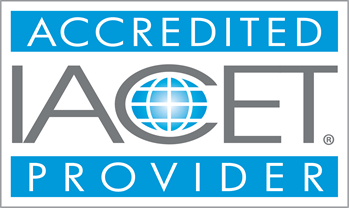Price: $89.99
STSC Prep Course
Class
Course Modules - (54)
Learning Outcomes:
- Understand safety protocols in the workplace.
- Recognize potential hazards and mitigate risks.
Completion Requirements:
- 100% appearance for the course
- Fully involvement in all class trainings (determined by instructor)
- Completion of Continuing Education and Training Registration Form
- Completion of mandatory quiz assessments
- As applicable, attainment of least passing score on required end-of-course examination
- Participation and submittal of end-of-course assessment form (must provide name on form to obtain credit)


